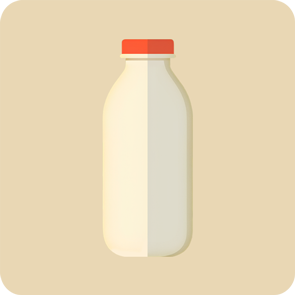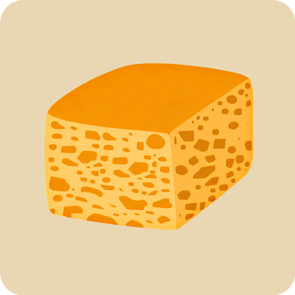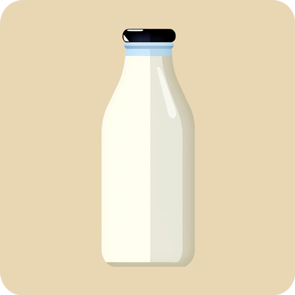
Vitamins & Minerals
Brain health is the foundation of memory, focus, and emotional well-being, relying on proper nutrition, hydration, and mental stimulation

Fat-Soluble Vitamins
Fat-soluble vitamins (A, D, E, and K) are nutrients that dissolve in fats and oils. Unlike water-soluble vitamins, which are excreted easily, fat-soluble vitamins are stored in the body's fatty tissues and liver. This allows for long-term storage but also increases the risk of toxicity if consumed in excess.
Key Features of Fat-Soluble Vitamins:
- Absorption: Best absorbed when consumed with dietary fats.
- Storage: Stored in fat tissues and the liver for long-term use.
- Function: Essential for vision, bone health, immune support, blood clotting, and cell protection.
- Risk of Deficiency: More likely in people with fat absorption disorders (e.g., cystic fibrosis, Crohn’s disease).
- Risk of Toxicity: Since they aren’t excreted easily, high doses (especially of Vitamins A and D) can lead to toxicity.

Vitamin A
(Retinol)
Essential for vision, immune function, and skin health. Supports cell growth and helps maintain organs like the heart and lungs.

Vitamin D
(Calciferol)
Regulates calcium and phosphorus levels, crucial for strong bones and teeth. Also supports immune function and muscle strength.

Vitamin E
(Tocopherols & Tocotrienols)
Acts as a powerful antioxidant, protecting cells from damage. Supports skin health, immune function, and blood vessel integrity.

Vitamin K
Phylloquinone (K1), Menaquinones (K2), Menadione (K3, synthetic)
Important for blood clotting and bone metabolism. Helps prevent excessive bleeding and supports heart health.


Water-Soluble Vitamins
Water-soluble vitamins are dissolved in water and not stored in large amounts by the body. Because of this, they need to be consumed regularly through food or supplements. Any excess is usually excreted in urine rather than stored.
Types of Water-Soluble Vitamins
There are nine water-soluble vitamins:
- Vitamin C
- B Vitamins: B1, B2, B3, B5, B6, B7, B9, B12
Key Functions of Water-Soluble Vitamins
- Vitamin C – Antioxidant, boosts immunity, supports skin health (collagen production).
- B Vitamins – Help convert food into energy, support brain function, red blood cell formation, and nerve health.
Characteristics of Water-Soluble Vitamins
✅ Dissolve in water → Easily absorbed by the body.
✅ Not stored in large amounts → Need regular intake from food.
✅ Excess is excreted in urine → Lower risk of toxicity compared to fat-soluble vitamins.
❌ Sensitive to heat & light → Cooking methods (boiling, overcooking) can destroy them.

Vitamin C
(Ascorbic Acid)
Boosts the immune system, aids in collagen production, and acts as a powerful antioxidant.

Vitamin B1
(Thiamine)
Helps convert carbohydrates into energy and supports nerve function.

Vitamin B2
(Riboflavin)
Essential for energy production and maintaining healthy skin and eyes.

Vitamin B3
(Niacin)
Supports metabolism, brain function, and helps lower cholesterol levels.

Vitamin B5
(Pantothenic Acid)
Involved in energy production and the synthesis of hormones.

Vitamin B6
(Pyridoxine) also includes Pyridoxal, Pyridoxamine
Crucial for brain development, neurotransmitter function, and red blood cell production.

Vitamin B7
(Biotin)
Supports healthy hair, skin, and nails by promoting cell regeneration, while also aiding metabolism and energy production.

Vitamin B9
(Folate)
Essential for DNA synthesis, cell growth, and preventing birth defects.

Vitamin B12
(Cobalamin)
includes Cyanocobalamin, Methylcobalamin, Hydroxocobalamin
Vital for red blood cell formation, brain function, and nerve health.

Explore the Food Groups
Mattis nibh odio sed urna. Turpis suspendisse ullamcorper malesuada

























